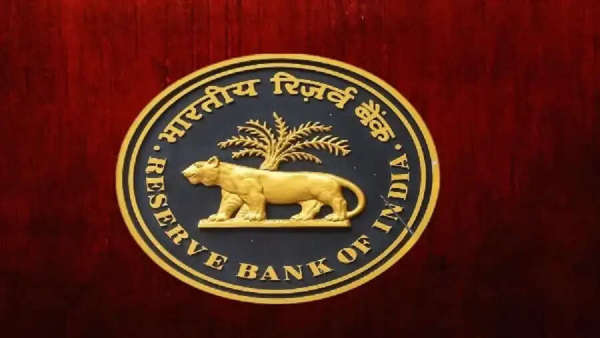
In a major regulatory move, the Reserve Bank of India (RBI) has revoked the banking license of Colour Merchants Co-operative Bank, headquartered in Ahmedabad. This stern action was taken after it was found that the bank was not in a sound financial condition and had no sustainable earnings prospects for the future. Additionally, the bank had failed to comply with several important provisions of the Banking Regulation Act, 1949.
According to the RBI, the bank’s continued operation posed a serious risk to depositors’ funds. This prompted the central bank to take definitive action, reflecting its strict oversight of the banking system in India. The cancellation of the license highlights RBI’s commitment to ensuring financial stability and protecting customers' interests.
The RBI’s statement revealed that the Colour Merchants Co-operative Bank had persistently violated statutory banking norms. Despite repeated chances to improve its performance and adhere to guidelines, the bank failed to rectify its issues. RBI concluded that the bank could no longer be allowed to function, as doing so would endanger depositors' savings.
The regulator emphasized that its decision was guided by the goal of maintaining transparency, accountability, and public confidence in the cooperative banking sector.
If you had an account with this bank, there's no need to panic. The Deposit Insurance and Credit Guarantee Corporation (DICGC) will step in to protect your money. DICGC provides insurance coverage of up to ₹5 lakh per depositor, including both principal and interest amounts.
As per RBI data, around 98.51% of the depositors of Colour Merchants Bank are eligible for full reimbursement under this insurance scheme. In fact, as of March 31, 2024, the DICGC has already disbursed ₹13.94 crore to eligible claimants who had submitted their claims.
To complete the closure process, the RBI has requested the Registrar of Co-operative Societies in Gujarat to formally initiate the liquidation proceedings. A liquidator will be appointed to oversee the sale of the bank’s assets and settle outstanding liabilities.
This step ensures an orderly winding down of the bank’s operations while ensuring that customers receive their dues in a structured and timely manner.
This development sends a clear warning to other co-operative banks across the country. The RBI has reiterated that non-compliance with regulations will not be tolerated and necessary punitive actions will be taken against erring institutions.
This decisive move underlines the RBI’s continued vigilance in safeguarding the Indian banking ecosystem and prioritizing depositor protection.